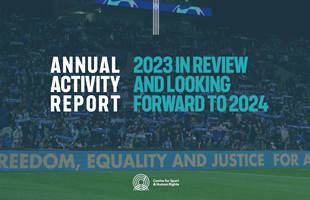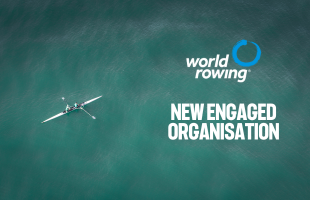Time for domestic sport to implement human rights commitments
05 May 2020
Author - Centre for Sport and Human Rights

Media reports suggest that Saudi Arabia’s Public Investment Fund is in advanced stages of a process that could see it takeover Newcastle United Football Club despite serious international concerns over human rights violations linked to the Senior Executives of the Fund.
Football is the world's most popular sport, and the highest ideals of sport align with international human rights standards. Sports organisations are expected to adhere to and exemplify these standards. Human rights advocates, companies, governments, athletes, and trade unions have worked together in recent years with major actors in the world of sport to make significant strides in the promotion of human rights in sports governance and operations. This can be seen in the adoption of human rights commitments at the highest levels, including in FIFA’s statutes, as well as in the development of human rights policies, the acknowledgement by many actors in sport of responsibilities in line with the UN Guiding Principles on Business and Human Rights and by the inclusion of comprehensive human rights requirements in bidding criteria for FIFA tournaments.
For these important commitments to come to life, they must be embedded in human rights policies at the domestic level, including national football governing bodies and professional leagues. Operating in the absence of human rights requirements leaves these organisations without a framework or clear guidance with respect to making decisions where human rights are or could be concerned, including suitability of potential club owners.
Embedding commitments to human rights across all levels of sport, including the English FA and Premier League, is an urgent task. These should be comprehensive in nature, and inform all sports governance decisions.



